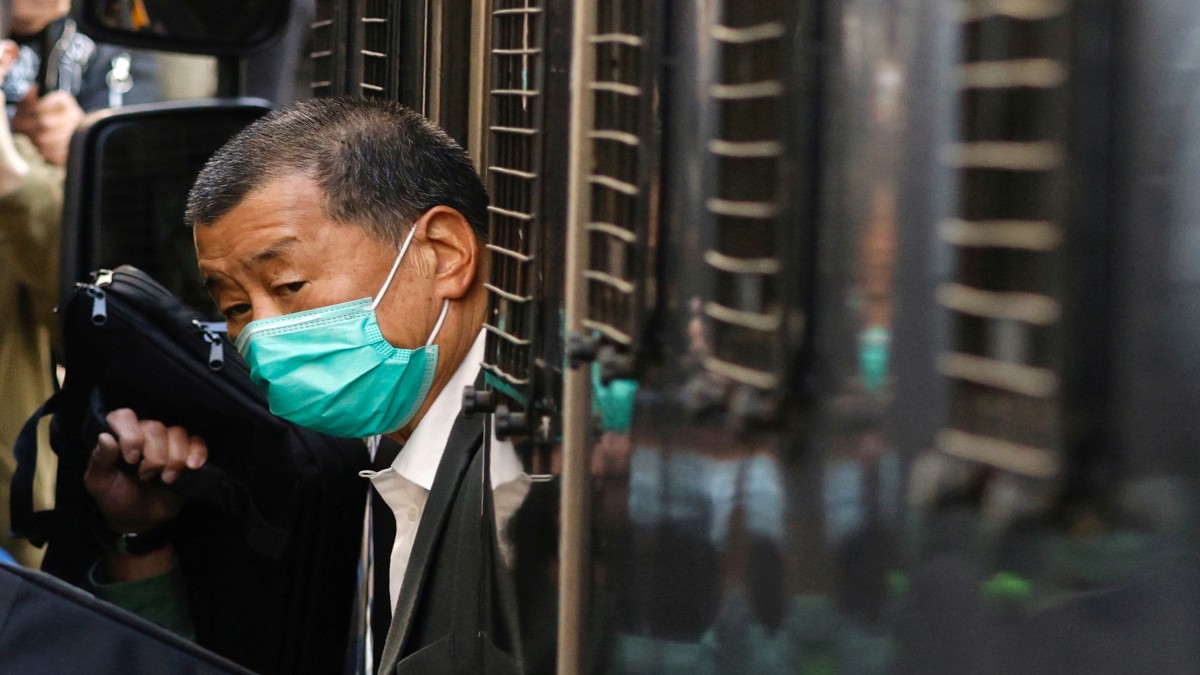Jimmy Lai, a figure synonymous with Hong Kong’s pro-democracy movement, is facing a landmark trial under the controversial national security law imposed by Beijing.
The case has drawn international scrutiny, raising concerns about freedoms and judicial independence in Hong Kong.
Here are five critical aspects to understand about Jimmy Lai and the law that now defines his fate.
1. From refugee to media mogul
Jimmy Lai’s story is one of resilience and entrepreneurship.
Born in mainland China, he fled to Hong Kong at 12, escaping famine.
Starting as a factory worker, Lai eventually built a clothing empire with Giordano– an international retailer of apparel and accessories– before turning his attention to media.
He founded Next Digital, which published Apple Daily, a newspaper known for its strong pro-democracy stance and criticism of Beijing.
2. A Symbol of press freedom
Through Apple Daily, Lai championed free speech and openly criticised the Chinese Communist Party.
His media outlet became a cornerstone of Hong Kong’s democratic aspirations, but its operations came under severe pressure after the imposition of the national security law.
In August 2020, Lai was arrested under Hong Kong’s national security law, accused of colluding with foreign forces. Since then, he has spent much of his time in prison, facing multiple charges, including sedition related to his newspaper’s publications.
The newspaper ceased operations in 2021, following a crackdown on its executives and finances.
Despite international calls for his release, Lai remains incarcerated.
3. Ongoing trial
Lai’s trial, which began in December 2023, is a landmark case under the national security law.
He has pleaded not guilty to charges of conspiracy to collude with foreign forces and conspiracy to publish seditious material.
Impact Shorts
More ShortsThe prosecution alleges that Lai used his media platform to advocate for foreign sanctions against Hong Kong and China.
Lai testified that he never sought to influence foreign policy but merely called for international support for Hong Kong’s democratic aspirations.
4. The National Security Law
Enacted in 2020, Hong Kong’s national security law criminalises secession, subversion, terrorism, and collusion with foreign forces.
Critics argue that the law is overly broad, granting authorities sweeping powers to suppress dissent.
Its implementation has led to the arrests of activists, journalists, and politicians, raising alarms about its implications for human rights and freedoms.
5. International outcry
Lai’s prosecution has drawn widespread international condemnation. The United States and the United Kingdom have called for his immediate release, viewing his trial as a test of Hong Kong’s judicial independence.
The national security law’s implementation has strained Hong Kong’s relations with Western nations, raising concerns about the future of the city’s freedoms and its role as an international financial hub.
With inputs from agencies


)

)
)
)
)
)
)
)
)



